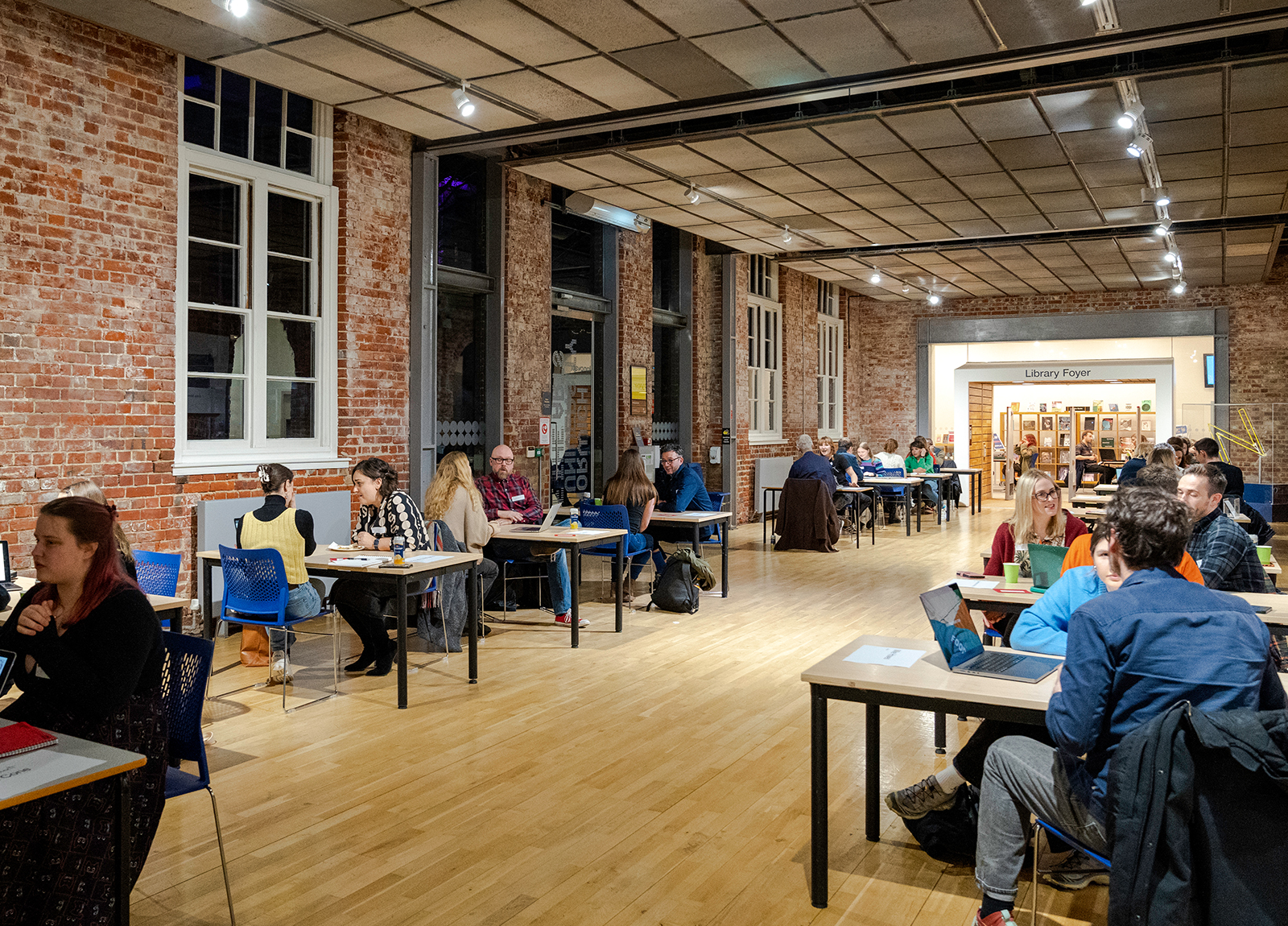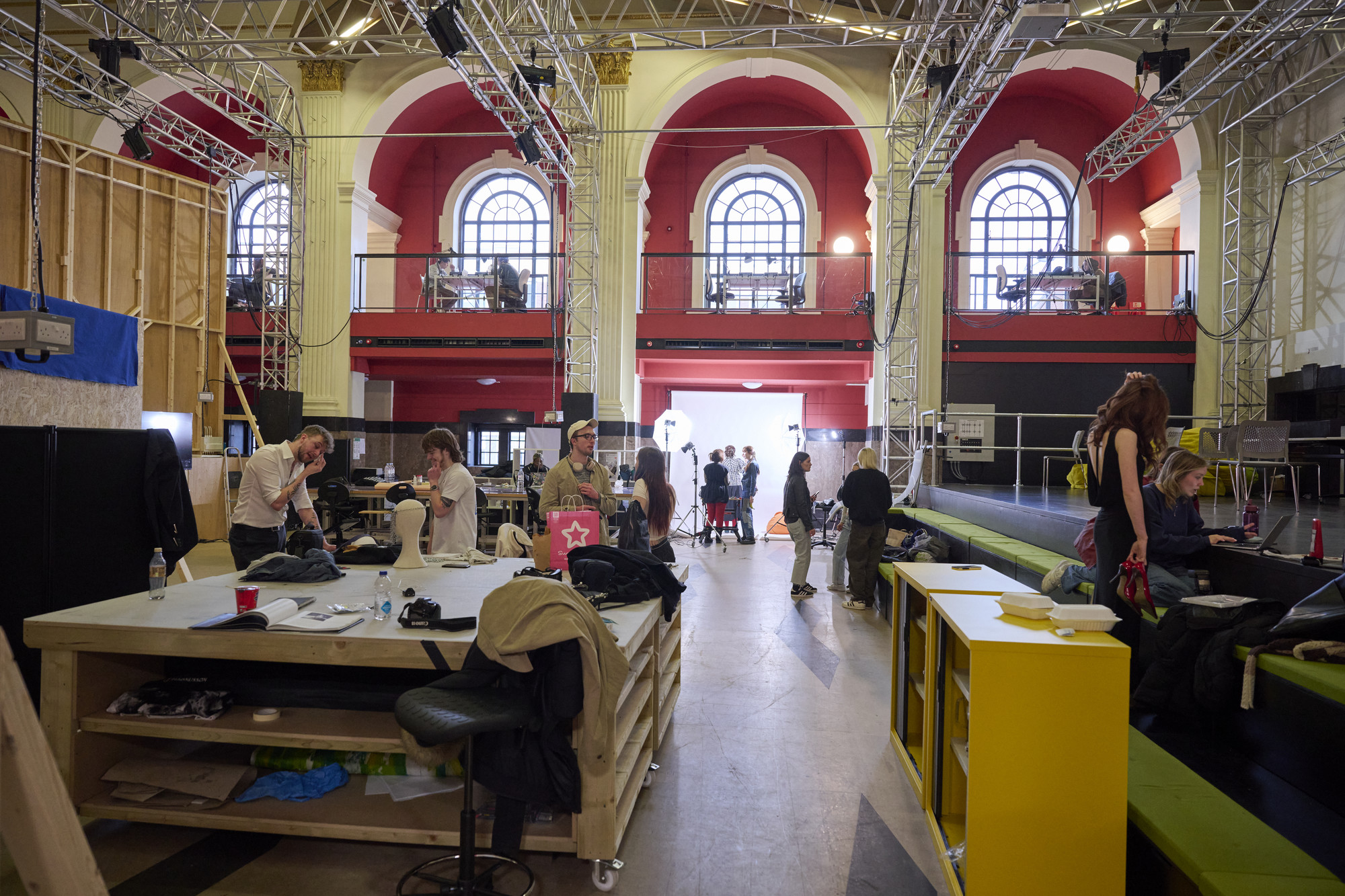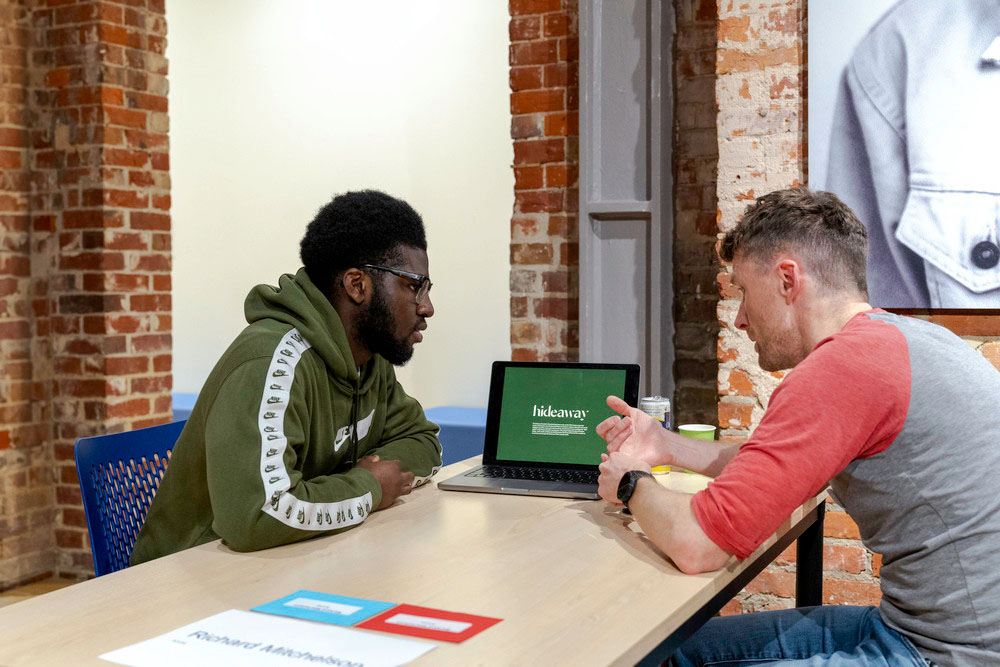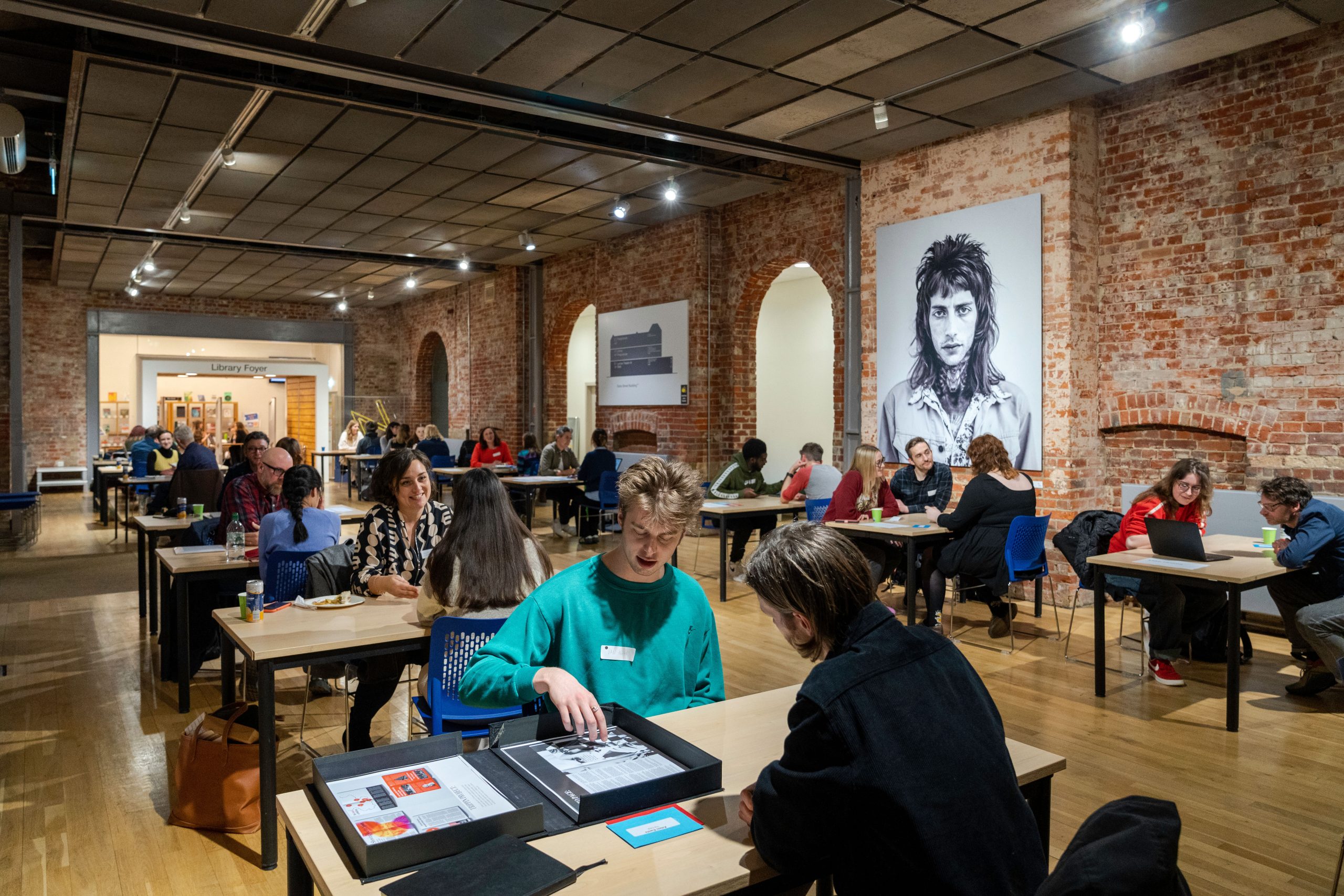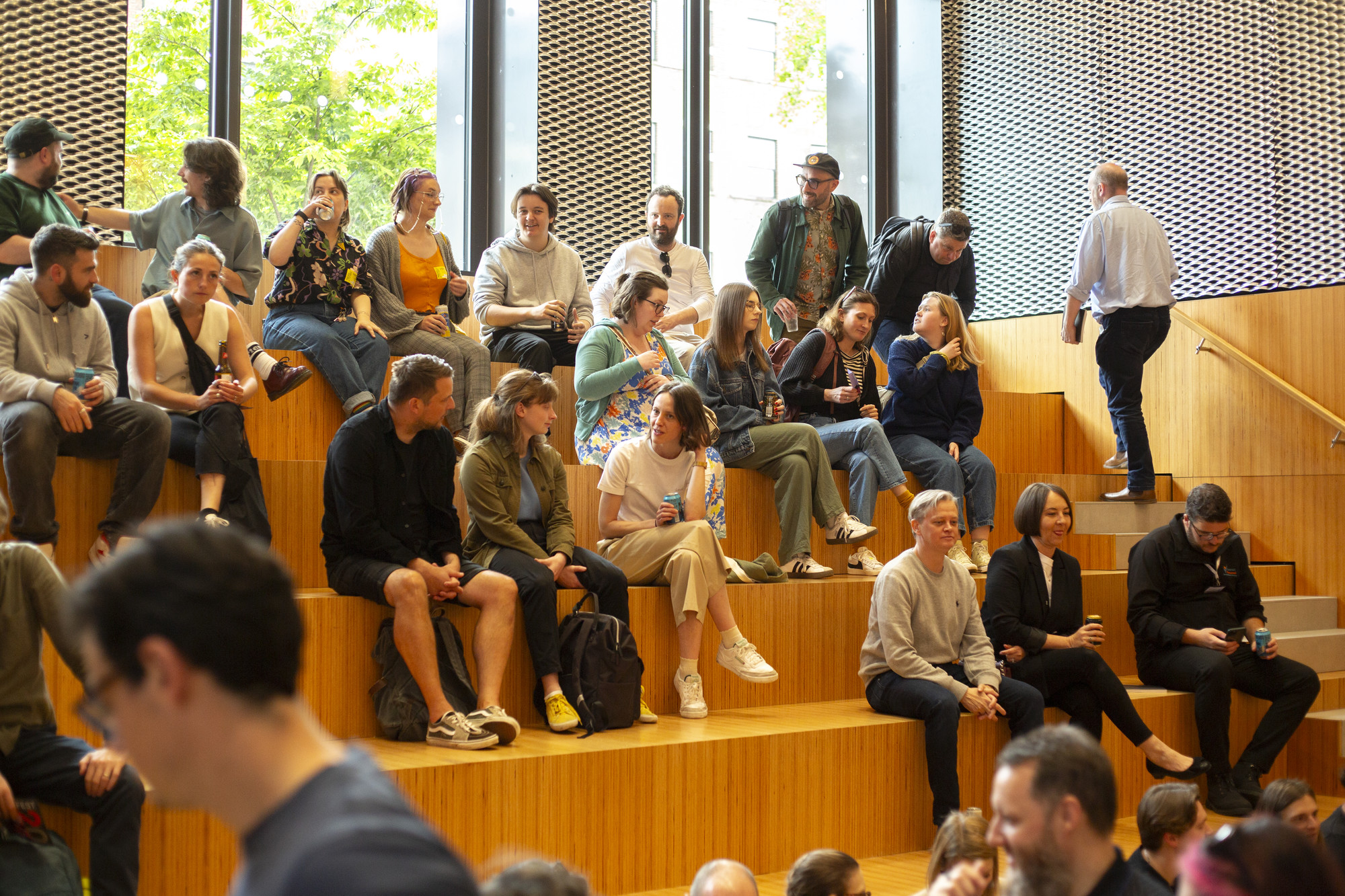Launching your career at Norwich
Robert Livingston, Norwich University of the Arts Entrepreneurship and Employability Adviser, talks to us about his role and why student business is a growing focus at the University.


When I first encounter students, I often get asked ‘What exactly is an Employability and Entrepreneurship Adviser?’. While most have had meetings with a careers adviser during their time at Secondary School or College, the guidance they will have had generally pertains to how students can explore interests related to potential careers. While I do work with students who have particular salaried careers in mind, a good portion of my job involves making students aware of the option to go into business for themselves and support businesses developed by students while they attend our university.
Why is freelancing or starting your own business applicable to the creative industries?
While going on to work for a company is a path that many take, it’s not for everyone. Finding a job in the creative industries can be a challenge for early career creatives. Additionally, many students express an interest in having a greater level of control over their work patterns and projects not usually available in typical salaried roles. This makes the idea of going into business for yourself an excellent option.
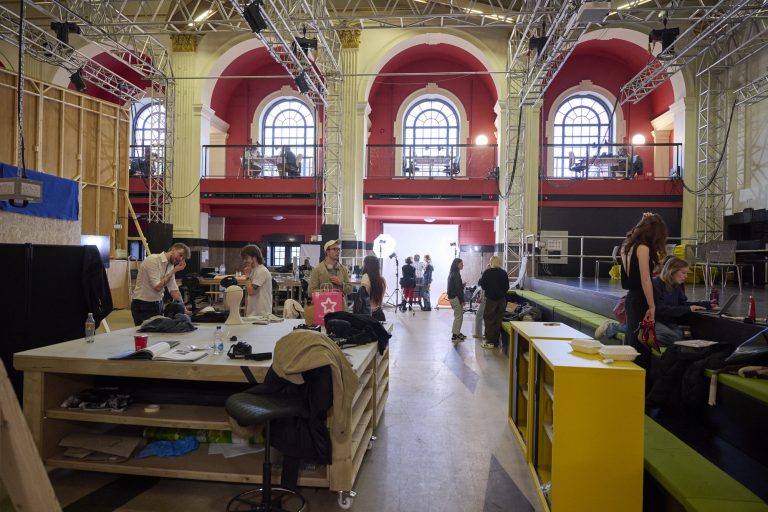
According to research undertaken by the Policy and Evidence Centre on the Creative Industries around 1 in 8 business in the UK classify as a part of the Creative Industries. Of those 95% are companies with fewer than 10 people with self-employment accounting for 32% of all creative industry employment. Given these figures there is a good chance that many of our graduates will work for themselves at some point in their career and will need specialised support to aid them on their journey.
It’s also an industry with a great deal of growth potential. Businesses in the creative industries grew twice as fast as the UK economy as a whole from 2011 to 2019. Creative businesses also tend to be more agile, adapting to change faster and can apply creative thinking to push innovation in the face of difficult situations in a way that other industries may be less able to.

How do you prepare students for self-employment?
This is the sort of question that could take me all day to answer! In the Business and Employability Team we are always working on something new. The main activities I undertake are the delivery of a workshop programme and organising 1-2-1 meetings for students throughout their university experience. The workshops cover a wide range of topics, but I would say a major theme is to make students more aware of the skills they are developing while at university, and to make a plan on how they can continue to develop those skills so they can best pursue their interests. These workshops coincide with student coursework and feed into the personal development plan and career plan they create in year 2 and year 3 respectively.
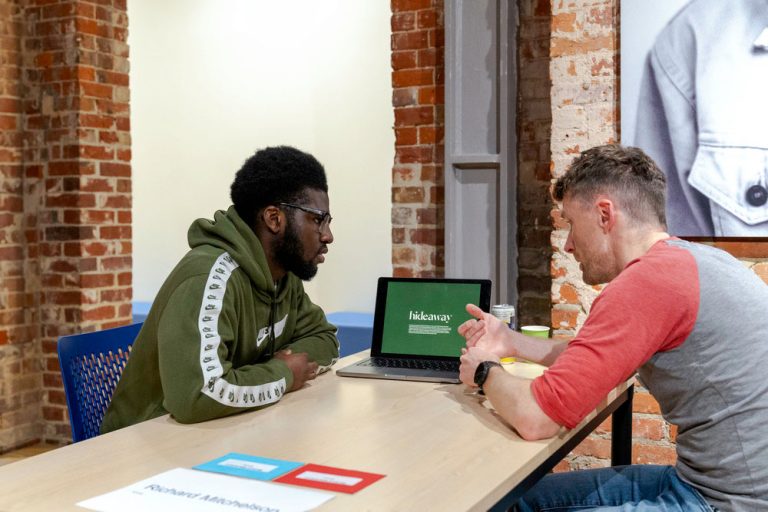
The 1-2-1 meetings are similarly varied and while I provide guidance to students who are doing creative work or are developing their businesses, the questions I encounter range from how to approach international clients to what clauses need to be in a work contract and beyond. No day is the same, and this is one of the things I love; that and feeling like you’ve played a small part in what our students are able to achieve.
In terms of new projects, I just finished putting on Platform 2024, a series of workshops where we brought in outside speakers to talk to entrepreneurial minded students on topics such as customer research, marketing, networking and more. While the series is open to all students and alumni, it’s timed to provide graduating students with business start-up information at a time when they are weighing up and pursuing multiple career options.
We’ve also just launched a ‘business bootcamp’, is a three-day course that aims to assist students who have little to no experience working for themselves to build confidence and develop things like their personal branding, client identification, and cost their business.
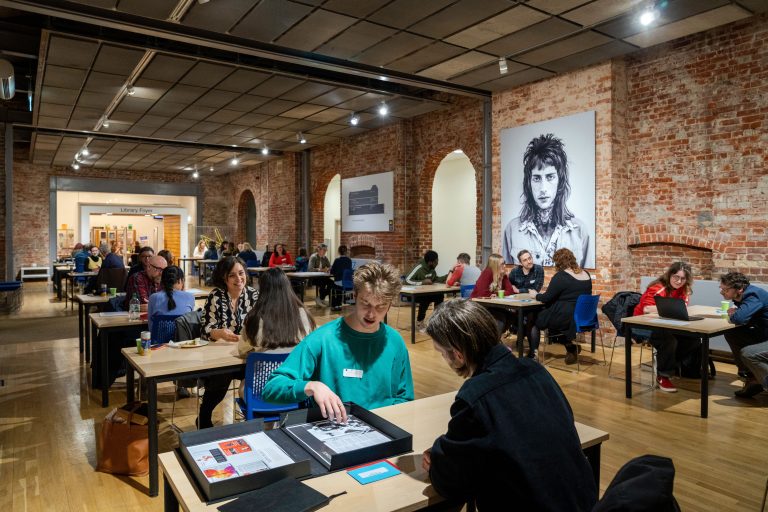
What kind of alumni network does the University have, and how can current students benefit from it?
Our alumni network is fantastic, and we’ve had a lot of students go on to do amazing work within the arts. I’m constantly humbled by how many people get in touch after graduating to ask us how they can give back. They know more than many how difficult it can be to find your way in the creative industries, and we bring their knowledge of both the pitfalls and successes to the attention of current students though things like our alumni podcast and periodic discussion panels.
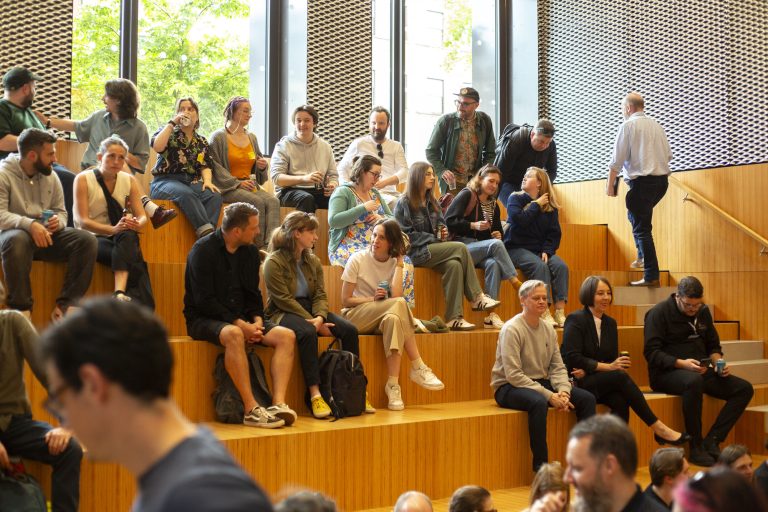
Why should students talk to you?
Anything that drags me away from a computer screen is more than welcome! Honestly though speaking to students is the highlight of my day. Whether you’ve just got an idea or a fully-fledged business plan I’d love to be your sounding board and to help you craft some goals to take your plans further. And remember, at Norwich our career services are open to graduates for life. Sometimes it takes entering the industry first to get the confidence to go into business for yourself and I’m here to help no matter what that journey looks like.
Gallery
Other interviews
-

In conversation with Norwich’s newest lecturers in Marketing and Business Management
-

Dear future international students – Diya Vaya, BA (Hons) Film and Moving Image Production
-
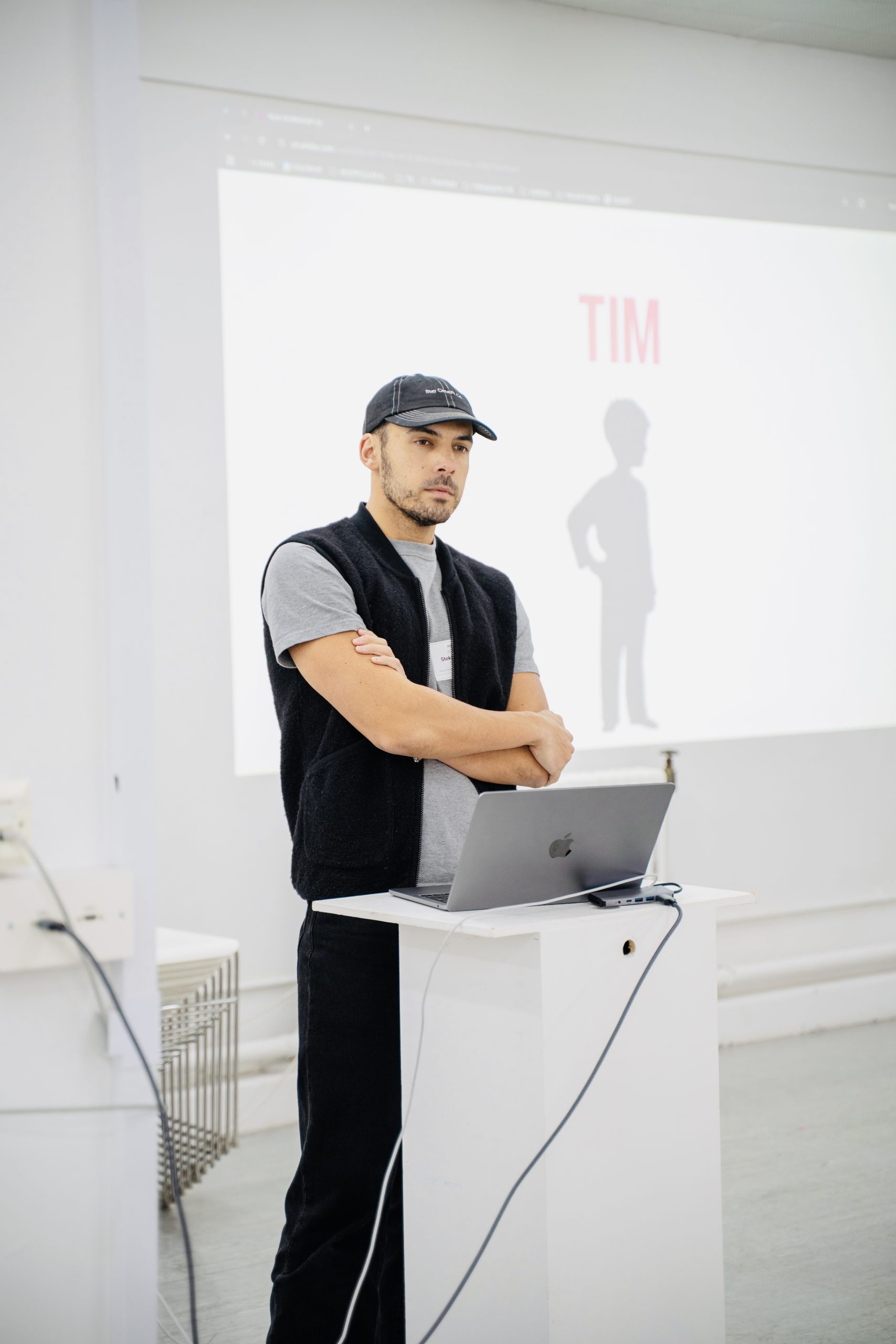
Inside Interchange Week with Stokely Howard of Trendy Grandad
-

Shape Shift Converse Rework: Authentic co-creation of art in mental health settings
-

In conversation with Gabriella Mason, BA (Hons) Illustration
-
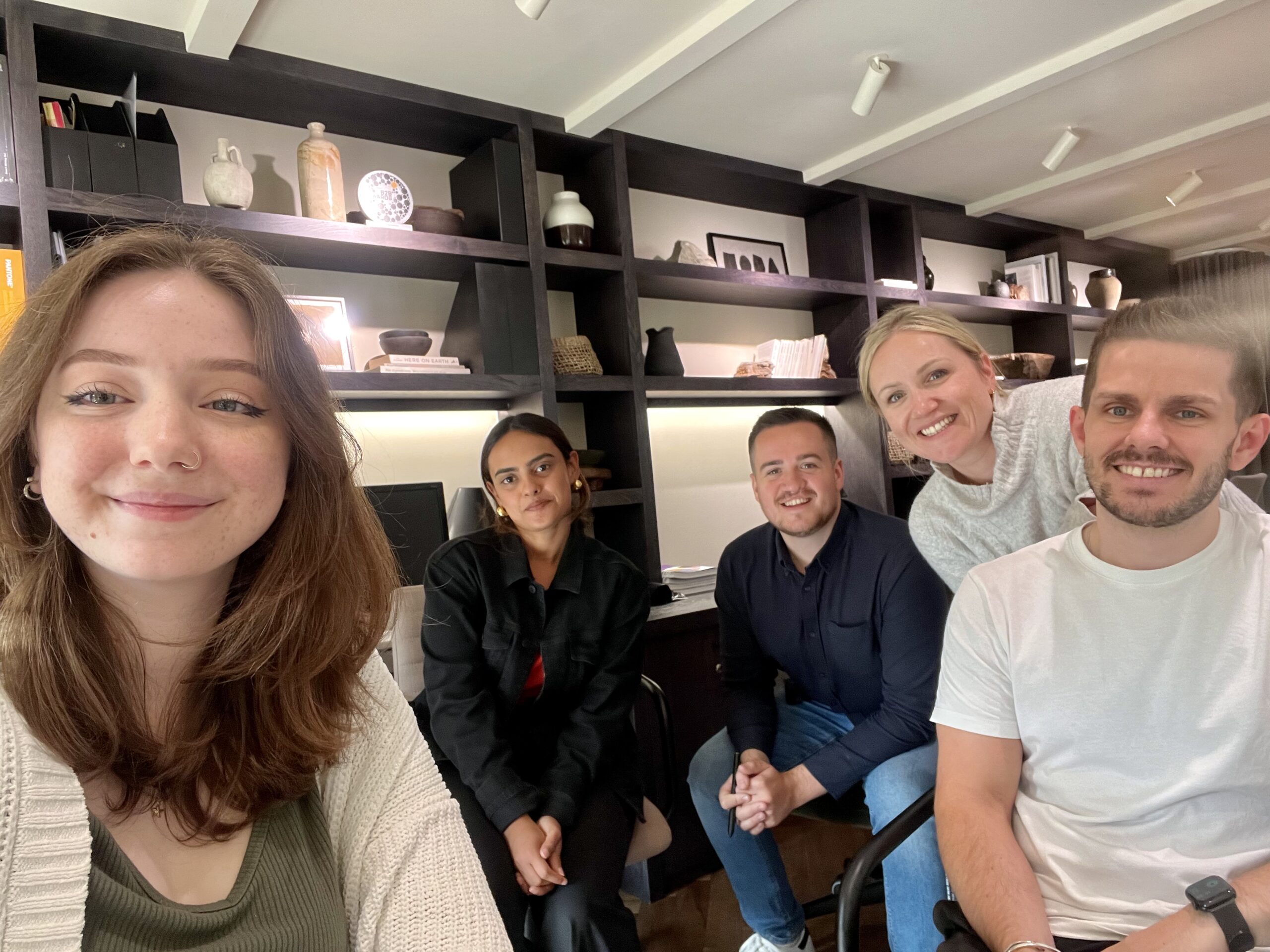
In conversation with Cassie Muskett, BA (Hons) Graphic Communication
-

Embracing AI in Textile Design: A journey of creativity and collaboration
-
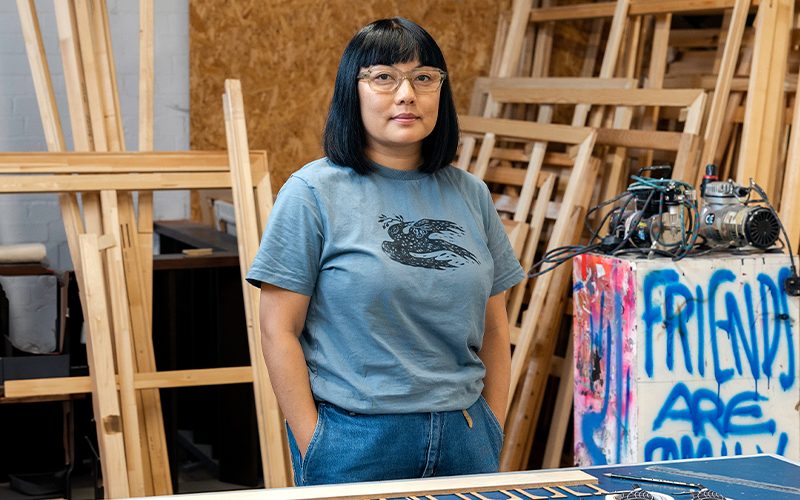
In conversation with: Alice Lee, BA (Hons) Illustration lecturer
-

In conversation with: Lucien Kelman, BA (Hons) Animation
-
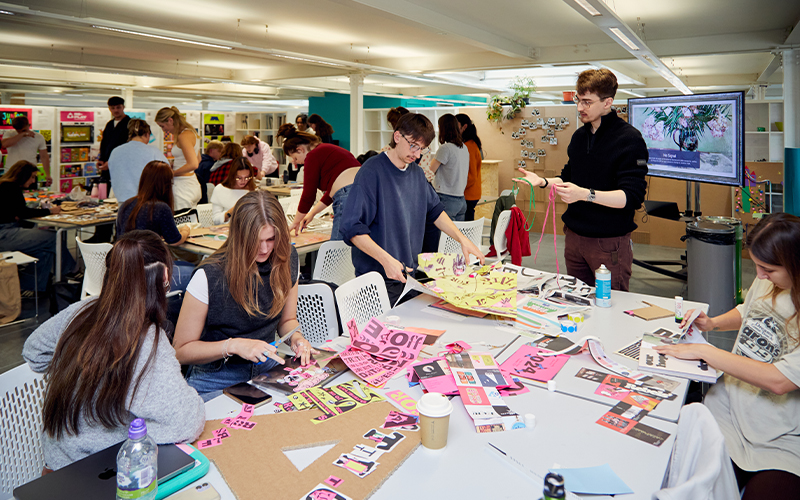
In conversation with: Sam Butler, BA (Hons) Graphic Communication
-

In conversation with: Tracey Lin, BA (Hons) Architecture student
-
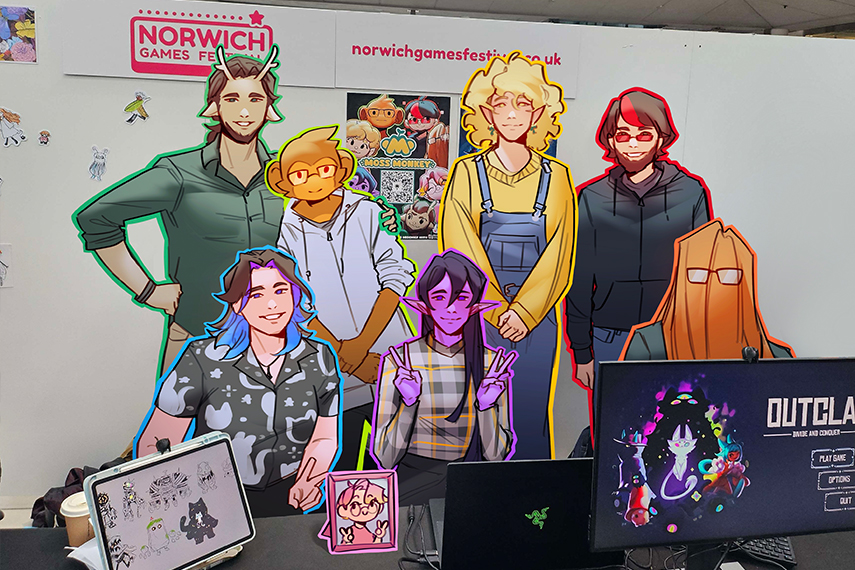
In conversation with: Iz Head, BA (Hons) Games Art and Design
